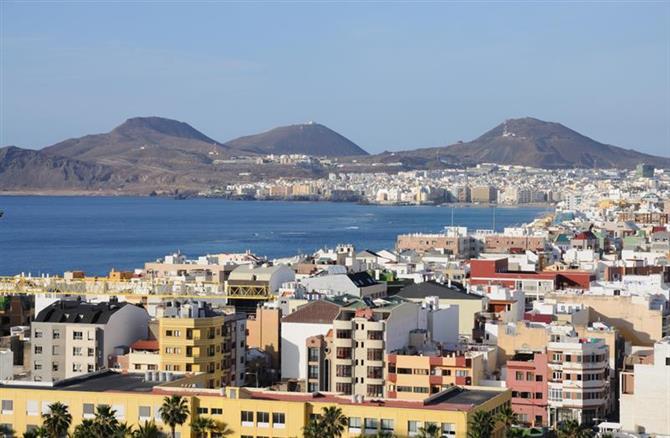The Canary Islands holiday rental law has been controversial since it was first introduced in 2014. There were articles within the law that made it impossible to rent out hundreds of holiday properties on the islands, such as the obligatory rental waiting period, the need to rent the property as a whole unit and the exclusion of holiday rentals from touristic areas.
The High Court of Justice of the Canary Islands (TSJC) has revoked these articles from the decree 113/2015, which regulated holiday rentals on the islands.
This has followed an appeal filed by the National Commission on Markets and Competition (CNMC), which stated:
“It makes no sense to exclude the industry of holiday home rental from those areas where the highest level of tourist activity exists”

"There is no reason to refuse an individual guest who only wants one room, you cannot put the price of the entire holiday home on one room or otherwise lose a booking."
TSJC judges stated that the law clearly prevented private holiday rentals to fairly compete with hoteliers. Private tourism accommodation makes up a great proportion of the tourism services on the Canary Islands and the law which prohibited these services greatly restricted the prosperity of the Canarian tourism industry.
“Delaying the start of the rental period during the registration process has been deemed an unnecessary administrative burden by judges, who state that it restricts free business within the rental market.”
Until the decision of the TSJC, holiday rentals had to wait during the period between they submitted the application form and they had green light to rent their properties.
In most regions of Spain, the rental period can begin from the moment the registration paperwork has been submitted. The rental period is not delayed between the day of submission and the day of licence approval, this is the case, however, for the Canary Islands.

TSJC judges state that this decision is an unnecessary administrative obstacle. It hinders the rental process by slowing the acquisition of the autonomous rental licence and flooding the government offices with a lot of paperwork over a short time period.
This obligatory waiting period has generated uncertainty for authorities in other regions, such as Valencia. The tourism offices of the Valencian government have expressed their worry at the precedent that this decision could set for the rest of Spain.
The CNMC has not only appealed to the government of the Canary Islands. They have previously requested a modification to the regulation of holiday homes in Galicia and appealed the regulation which imposed a minimum stay of five days in Madrid.
The Canary Islands Holiday Rentals Association ASCAV, Fevitur and the CNMC have worked very hard to get these outstanding results. Spain-Holiday.com congratulates every homeowner on the islands for their success.
Update: The Canarian Government confirmed last May 17 that it will appeal the last statement of the TSJC. Canary Islands authorities said that the sentence is against the tourist model they designed, which will extend the tourist massification throughout the islands.
